Our Content Builder
Industry Best Rapid Low Cost
Custom VR Training Content with PIXO
By Creating VR Training Content with PIXO, You Will:
With PIXO, you can have powerful custom content built to your standards and specifications in as little as one month, saving you up to 50% in time.
Only PIXO can build enterprise-quality, fully immersive, interactive and customized training modules built to PIXO’s industry-leading standards in weeks, not months.
Cross-platform compatibility allows you to publish to VR, AR, PC, Mobile and Mac to ensure widespread adoption of fully immersive, interactive training.
Only PIXO offers a full content suite with a content builder tool to quickly and easily build custom content, a vast off-the-shelf VR training library, and the ability to host and manage any existing VR/AR content you already have.
Ready to Build Custom Content?
Virtual Reality Trainings Made for Your Unique Equipment and Procedures
One of the most important aspects of implementing virtual reality training in any enterprise is having access to relevant VR training content for your employees. If our vast library of off-the-shelf VR training content is not applicable to your organization because you have proprietary procedures, or equipment that requires a unique learning environment, you need custom VR training content.
Features & Benefits of Our VR Content Builder
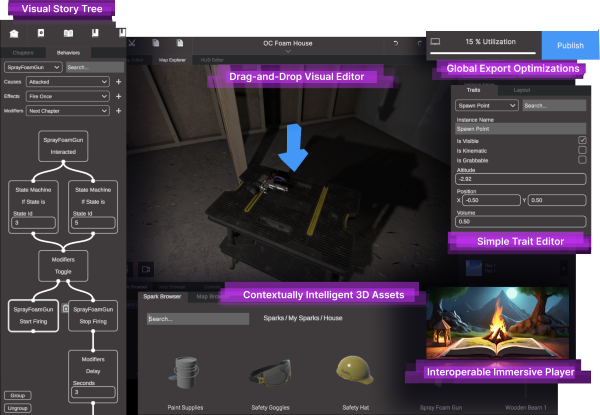
We build your training once, and publish it to VR, AR, PC/Mac and mobile devices, through PIXO’s platform.
Create non-linear, branching learning paths and experiences that can be optimized for the fidelity of different modalities in your training content.
The PIXO platform manages users, groups and org permissions and reporting throughout the world
We build your reusable 3D components with contextual intelligence (ie. behaviors) or use a library of components available to create your custom VR content
PIXO training for enterprise allows dozens of users to learn, interact, and collaborate in the same space—even if separated by thousands of miles.
The PIXO platform delivers the virtual reality trainings to headsets anywhere in the world.
Users benefit from real-time scoring and feedback. Trainers benefit from user, org or module-based reporting. All hosted on the PIXO platform.
PIXO technology can expose users to different repeatable and randomized workplace scenarios.
Ready to Build Custom Content?
How Does Creating Custom VR Training Content Work?
In order to create an immersive experience for your unique needs, we follow a thorough development process. Our top priority is to implement a successful VR training program, and we are there to help you all along the way, from pre-production to scale.
Whether you have in-house developers or are turning to PIXO to develop your content, the process starts with a discovery session with the development team where we:
- Determine the specific visuals and functionality you want in your VR training environment.
- Review off-the-shelf VR content to identify where existing content could be modified or if content needs to be developed from scratch.
- Discuss goals and metrics for success.
VR Use Cases for Specialized Virtual Experiences
Proprietary Equipment
Unique Procedures
Critical Onboarding
Remote Equipment
Temporary Staffing
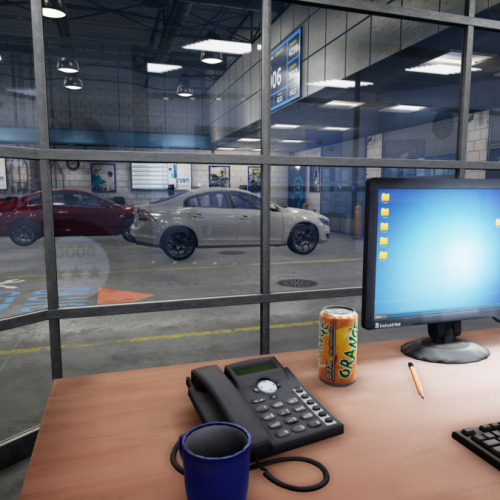
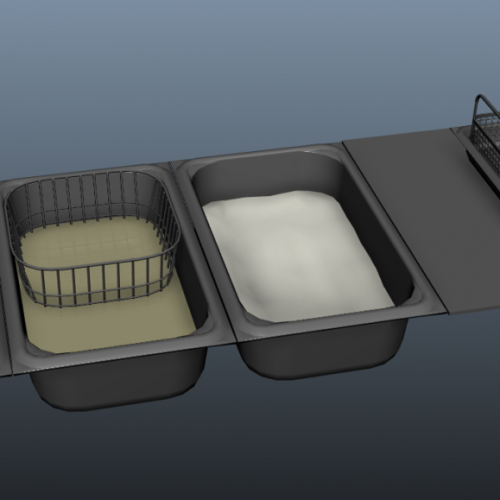
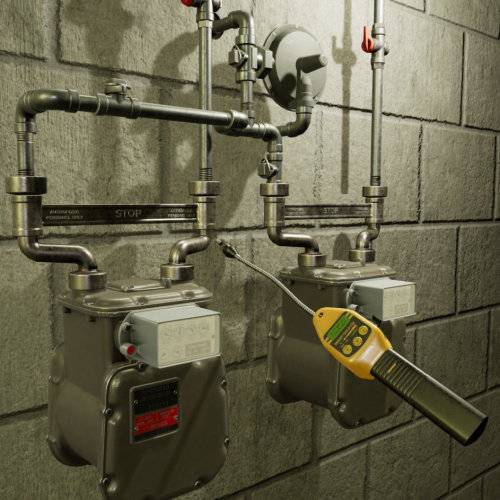
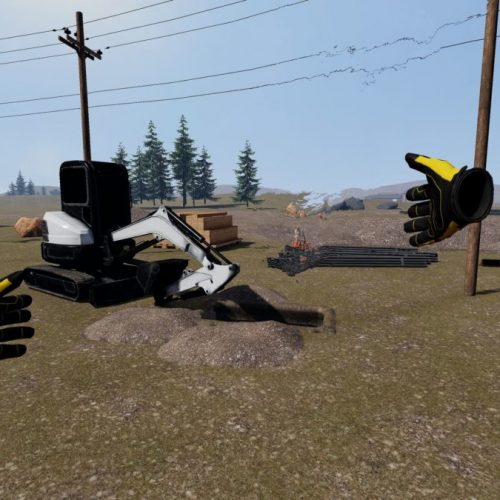
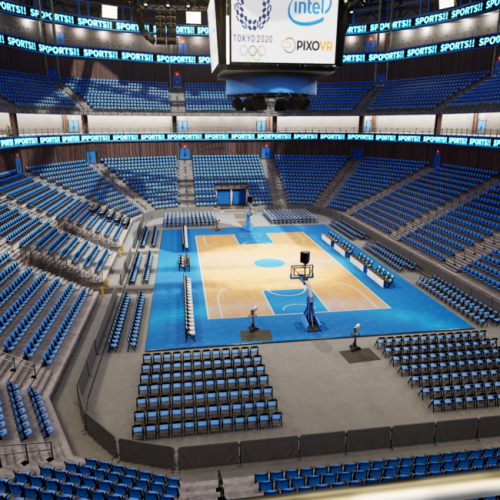
Ford Motor Company hired Bosch to ensure technicians are properly trained to provide service and maintenance on the company’s most advanced original equipment. Bosch came to PIXO to deliver the VR content and platform to make this happen.
With a very young workforce, quick service restaurants are in need of a more innovative way to train than traditional methods. They identified the value of rapidly onboarding this demographic in virtual reality.
GTI approached PIXO to help make residential gas meter inspection — one of the first and most important skills for new hires — more cost-effective and efficient to conduct. PIXO customized interactive gas meter inspection content to fit their needs.
Saudi Aramco needed to reduce costs for oil rig skills development and needed a platform that could scale globally. PIXO created immersive oil rig simulations and wirelessly delivers this to headsets globally—significantly reduce costs.
A global enterprise needed a way to quickly train temporary personnel on operations for a large sports venue. Through PIXO, they created a robust virtual environment to simulate various scenarios—preparing trainees for a critical global event.
Ready to Build Custom Content?
PIXO Case Study:
Bagging Training in Less Than 4 Weeks, Saving 62%
PIXO put its platform’s content builder to the test in August 2023. With a need for a QSR bagging demo module for a tradeshow in September, there was a tight deadline.
Only this content builder tool could create such an interactive immersive training demo to PIXO’s industry-leading standards in less than 4 weeks.
PIXO Actuals
152 Hours
Standard Unreal Development Estimate
400 Hours
The PIXO team already had some art assets, which helped reduce the development time. Even if those assets did not exist and additional art and design hours were needed, PIXO would have saved 43% in time and cost over the standard development estimate.
With reusable, customizable 3D components created for this training, future training modules will be developed even faster.